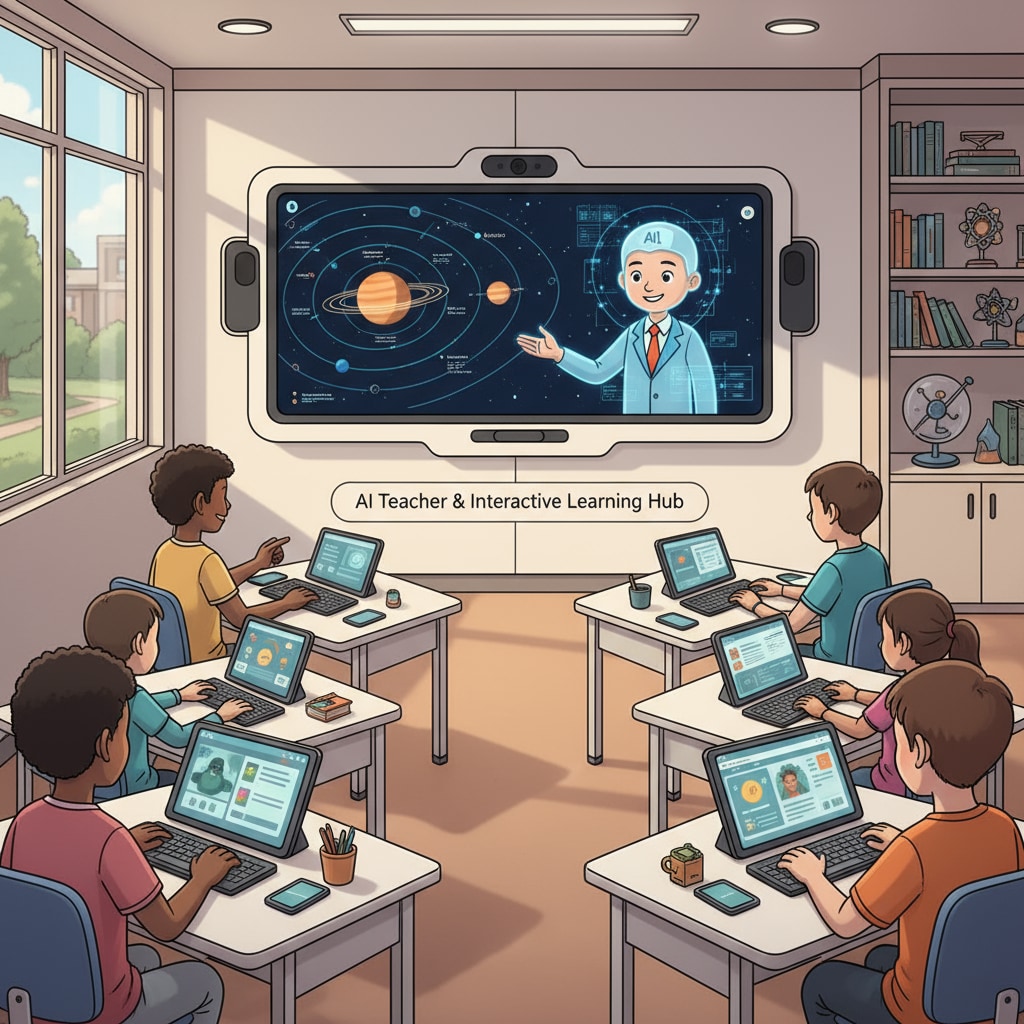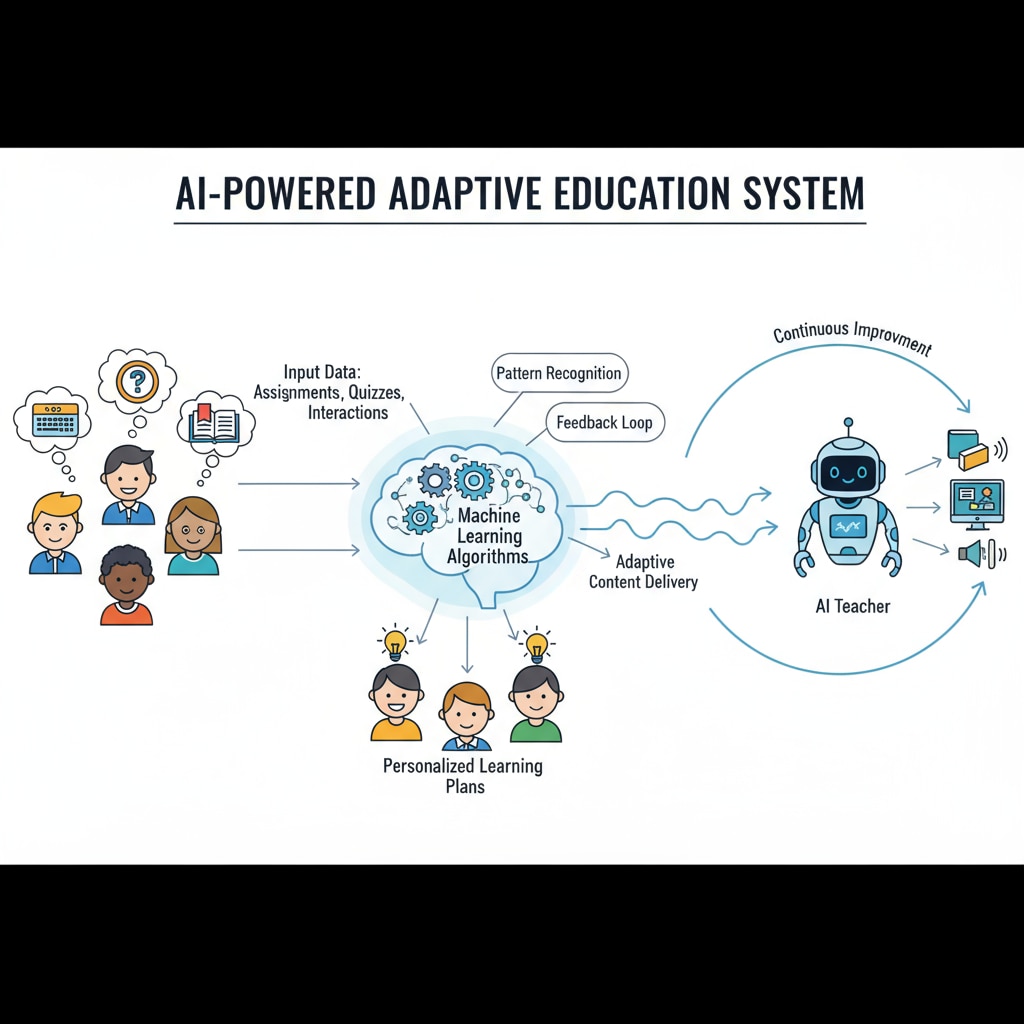Artificial intelligence in education, Derek Li, and machine learning are at the forefront of a significant shift in the educational landscape. Derek Li, an artificial intelligence education pioneer, made a bold move by transferring his children from traditional schools to an AI – based teaching model, thus setting the stage for an educational revolution.

This innovative approach is now challenging the long – standing dominance of traditional teachers and reshaping the K12 education ecosystem.
The Emergence of AI Teachers
AI teachers, powered by machine learning algorithms, are becoming increasingly prominent in the field of education. Machine learning allows these digital educators to analyze vast amounts of student data, such as learning patterns, performance, and engagement. For example, they can identify areas where a student is struggling and provide personalized learning materials. According to Wikipedia’s page on artificial intelligence in education, AI teachers can adapt their teaching methods in real – time, much like a human tutor. This adaptability is a key factor in their growing popularity.

Reshaping the K12 Education Ecosystem
In the K12 education space, the rise of AI teachers is bringing about multiple changes. Firstly, the traditional teacher – centered model is being disrupted. Instead of a one – size – fits – all approach, students can now receive individualized instruction. In addition, AI teachers can be available 24/7, providing immediate assistance to students. This accessibility is especially beneficial for students in different time zones or those who need extra help outside of regular school hours. As a result, the learning experience is becoming more flexible and student – centric. Britannica’s entry on education also highlights the potential of such technological advancements in revolutionizing education.
Another aspect of the reshaping is in curriculum development. AI can analyze educational trends and student needs to suggest more relevant and up – to – date curricula. This ensures that students are learning skills that are valuable in the modern world.
However, this transformation also comes with its fair share of challenges. One major concern is the lack of human interaction. While AI teachers can provide knowledge and guidance, the emotional and social aspects of learning, such as building relationships and teamwork, may be compromised. Moreover, there are issues related to data privacy. With AI collecting and analyzing student data, protecting the privacy of students is of utmost importance.
In conclusion, the advent of artificial intelligence in education, led by pioneers like Derek Li and driven by machine learning, is a game – changer for traditional education. The rise of AI teachers offers numerous opportunities for personalized learning and curriculum innovation in the K12 education ecosystem. However, it is essential to address the challenges, such as maintaining human interaction and ensuring data privacy, to fully realize the potential of this educational revolution.
Readability guidance: This article uses short paragraphs to present ideas clearly. Lists could be further developed in future expansions. The passive语态 is kept to a minimum, and transition words like ‘for example’, ‘in addition’, ‘as a result’ are used to enhance the flow of the text.


